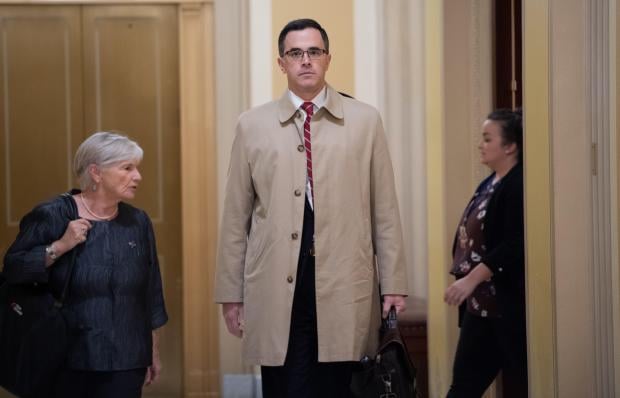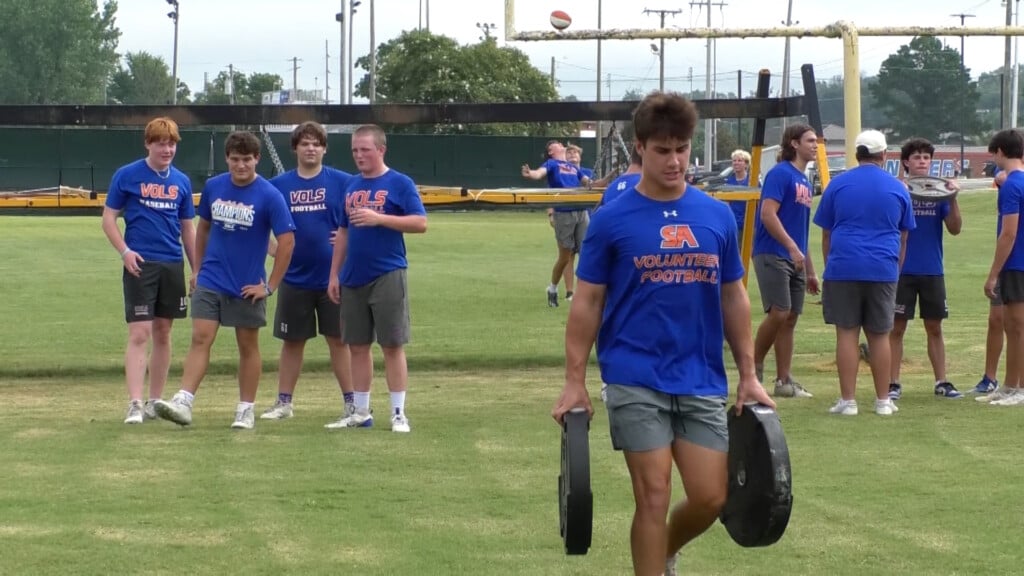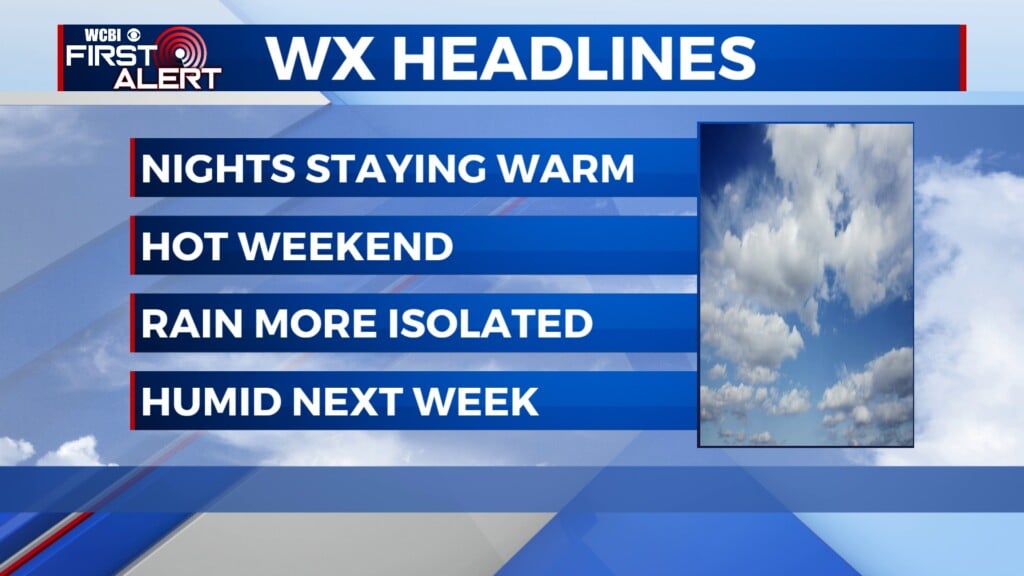Watch live: Volker and Morrison to testify at impeachment hearing
What to know about Tuesday’s impeachment hearings
- The second impeachment hearing of the day will feature testimony by Kurt Volker and Tim Morrison.
- At the first hearing, Jennifer Williams, an aide to Vice President Mike Pence, and Alexander Vindman, a National Security Council expert on Ukraine, said they found President Trump’s call with the president of Ukraine “unusual” and “improper.”
- Read and watch highlights of the first hearing here.
- Download the free CBS News app to stream live coverage of all the impeachment hearings.
Washington — The second impeachment hearing of the day will get underway Tuesday afternoon, featuring appearances by two officials involved in U.S. dealings with Ukraine.
The hearing was expected to start around 3 p.m., but the exact time will depend on the timing of a series of votes on the House floor.
Kurt Volker, the former special representative to Ukraine, and Tim Morrison, an outgoing National Security Council official and a deputy assistant to the president, will appear before the House Intelligence Committee to detail their knowledge of the events at the center of the impeachment inquiry.
Volker is one of the central players in the alleged effort to use military aid and a White House meeting as leverage against the Ukrainian government. Morrison was on the July 25 call between President Trump and Ukrainian President Volodymyr Zelensky, and told the committee in closed-door testimony that he didn’t think “anything illegal was discussed.”
The first committee heard testimony by Alexander Vindman and Jennifer Williams at the first hearing of the day.
How to watch Tuesday’s second impeachment hearing
Who is Kurt Volker?
Volker was the special representative to Ukraine until stepping down as the impeachment inquiry ramped up.
He largely defended the president’s actions in his closed-door testimony. He said the Ukrainians “never communicated a belief [to him] that there was a quid pro quo” and that he doesn’t think they were immediately aware of the suspended aid “so there was no leverage implied.”
But Volker’s text messages do reveal that Ukrainian officials pushed hard for a meeting at the White House between Mr. Trump and Zelensky. On July 25, the day of the now-infamous call, Volker implied in a text that Zelensky’s White House visit was conditioned upon whether he investigated the 2016 election.
“Heard from white house – assuming president Z convinces trump he will investigate / ‘get to the bottom of what happened’ in 2016 we will nail down date for visit to Washington,” he wrote.
Mr. Trump and his allies claim that Ukraine interfered in the 2016 election, even though the U.S. intelligence community has concluded it was Russia. The national security officials who already testified, including George Kent, said there is “no factual basis” for the Ukraine claim.
Volker said he resigned because he “could see this coming,” alluding to the impeachment inquiry, and wanted to “provide testimony … with as much candor and integrity as I possibly could.” — Caroline Cournoyer
Who is Tim Morrison?
Tim Morrison is the NSC’s outgoing senior director of European and Russian affairs and a deputy assistant to the president. He was also on the July 25 call between Mr. Trump and Ukraine’s president.
The committees leading the impeachment probe released a transcript of his closed-door testimony last week.
Although the July 25 phone call concerned him, he did not think “anything illegal was discussed.” Morrison said the summary released by the White House of the call between Mr. Trump and Zelensky accurately reflects his memory and understanding of the call, but he said he had three concerns in the event the summary became public.
“[F]irst, how it would play out in Washington’s polarized environment; second, how a leak would affect the bipartisan support our Ukrainian partners currently experience in Congress; and third, how it would affect the Ukrainian perceptions of the U.S.-Ukraine relationship,” Morrison, who was in the Situation Room for the call, told lawmakers. “I want to be clear, I was not concerned that anything illegal was discussed.”
He did, however, corroborate the central allegation that Sondland told a high-ranking Ukrainian official that the release of military aid was contingent on an investigation into the Bidens. But he had a different recollection than Taylor about two details: who was asked to announce the investigation and where a conversation about it happened. — Caroline Cournoyer






Leave a Reply